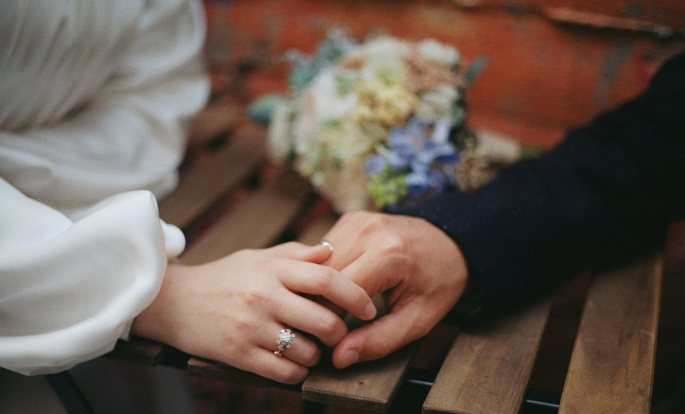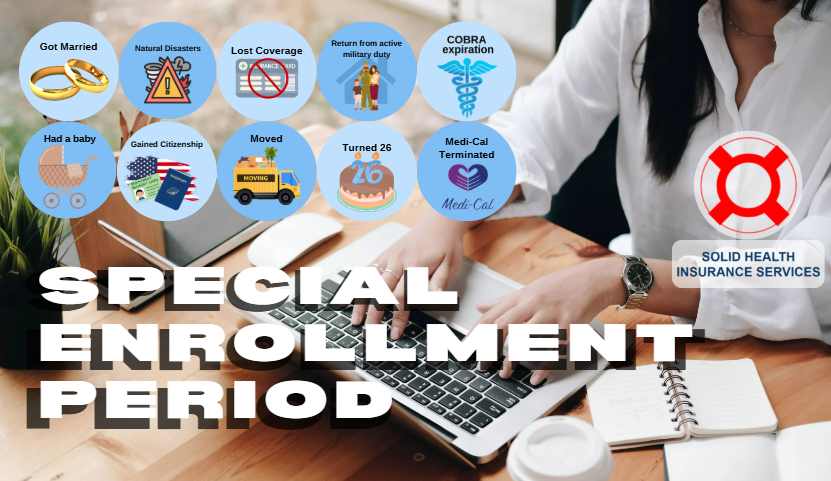Hearing loss is a common problem, especially as we age. About 1 in 3 people between the ages of 65-74 have hearing loss. The number jumps to nearly 50% for those over age 75. However, hearing loss can occur at any age due to various factors. Understanding the main causes of hearing loss can help you take steps to protect your hearing and get treatment when needed.
As an adult suffering from hearing difficulties, you know firsthand how hearing loss can impact your daily life. Simple conversations can become frustrating. You may feel isolated and depressed. Hearing loss can even increase your risk of dementia. The good news is many types of hearing loss are treatable with hearing aids or surgery. And by minimising exposure to things that damage hearing, you can prevent or slow further loss.
Here are the top causes of hearing loss and tips to safeguard your precious sense of hearing:
Exposure to Loud Noise
Prolonged exposure to loud sounds is one of the most common reasons for hearing loss. Loud noise can damage the tiny hair cells in your inner ear that send sound signals to your brain. Over time, the cumulative effect of repeated exposure can lead to permanent hearing damage.
Sources of hazardous noise include motorcycles, fireworks, lawn equipment, power tools, sporting events, concerts, nightclubs and more. Even common items like hairdryers, blenders and vacuum cleaners can produce unsafe decibel levels. To protect your hearing:
- Wear noise-blocking earplugs or earmuffs when exposed to loud sounds.
- Turn down the volume when listening with headphones.
- Take breaks from noisy environments.
- Get a baseline hearing test now for comparison later in life.
Earwax Buildup
Earwax, also called cerumen, is produced by glands in the ear canal. It traps dust and dirt and protects the eardrum. Normally earwax dries up and falls out on its own. But sometimes it accumulates and hardens, blocking the ear canal. A blocked ear canal not only causes hearing loss but also increases the risk of infection.
- Get regular hearing care to check for and remove excess earwax.
- Never try removing earwax yourself by inserting cotton swabs or other objects, which can push wax deeper into the canal.
- Use over-the-counter wax softening drops only occasionally if recommended by your doctor.
Certain Medications
Many common medications can negatively affect hearing. These include over-the-counter pain relievers, antibiotics, diuretics, high doses of vitamins, and chemotherapy drugs. The mechanisms vary but may involve damage to the hair cells in the inner ear or changes in blood flow. Hearing loss may subside when the medication is stopped. However, some effects can be permanent. If you think the medications you are on may be causing hearing loss, do the following:
- Tell your doctor about any changes in hearing while on medications.
- Ask about alternative medication options if you experience hearing changes.
- Closely control diabetes and high blood pressure, which can lead to hearing problems.
Aging
Age-related hearing loss, also known as presbycusis, happens gradually as we get older. Often high frequency sounds are affected first. The cumulative effects of aging, noise exposure, and health problems contribute to this type of hearing loss.
- Get regular hearing checkups starting around age 50.
- Ask your doctor about screenings for age-related conditions like osteoporosis and heart disease that can impact hearing.
- Improve your diet and exercise, which may help preserve hearing.
- Don’t delay getting hearing aids, which help stimulate the auditory system.
Genetic Factors
Hearing loss can run in families. Certain genetic conditions and syndromes are associated with hearing problems. Even without an identifiable genetic cause, our DNA influences how susceptible we are to age-related and noise-induced hearing loss.
- Look at family history to identify any patterns of early-onset hearing loss.
- Get genetic testing if you have a strong family history or develop hearing loss as a child.
- Follow hearing protection guidelines carefully if hearing disorders run in your family.
Trauma
Injuries to the head or ear can rupture the eardrum or cause damage to the small bones in the middle ear and inner ear. Common causes include sports injuries, car accidents, explosive blasts, and physical abuse. Falls are another source of trauma for the elderly. To prevent this:
- Always wear seatbelts and helmets to prevent head injuries.
- Protect ears from pressure changes when scuba diving.
- Get prompt medical treatment for a ruptured eardrum, which can often heal on its own.
- Seek help for domestic violence, which may involve traumatic ear injuries.
Illnesses
Certain illnesses can lead to hearing impairment. These include mumps, meningitis, measles, and respiratory infections like pneumonia. Autoimmune disorders such as rheumatoid arthritis can cause hearing problems. Diseases that restrict blood flow like diabetes and heart disease also increase hearing loss risk.
- Get recommended vaccines to prevent infectious diseases tied to hearing loss.
- Control existing conditions like diabetes through diet, exercise, and medication.
- Follow treatment plans for autoimmune disorders and diseases affecting blood circulation.
Ear Deformities and Growths
Birth defects affecting the structure of the ear can cause hearing loss. Ear deformities may affect the outer, middle, or inner ear structures. Hearing loss can also develop later in life due to noncancerous growths like osteomas or exostoses. These bony growths develop in the ear canal and block sound waves. It’s important to:
- Monitor hearing carefully in children with structural ear abnormalities.
- Consider corrective surgery for external ear abnormalities.
- Remove cancerous or benign growths obstructing the ear canal.
The best way to deal with hearing loss is through prevention and early detection. Protect your ears from excessive noise, get regular hearing checkups, and follow up promptly on any changes in hearing, ringing in the ears or feelings of fullness. The earlier you get treatment, the more options you have to preserve hearing and avoid isolation.
With proper precautions and quality hearing care, hearing loss does not have to be an inevitable part of aging. Take charge of your hearing health to stay engaged and involved as you grow older. Safeguarding your hearing allows you to continue participating in meaningful conversations and activities you enjoy.
–
This post brought to you by Kristina Rodopska
Image by Firmbee from Pixabay
The post The Top Causes of Hearing Loss and How to Protect Your Hearing appeared first on The Good Men Project.
Original Article










